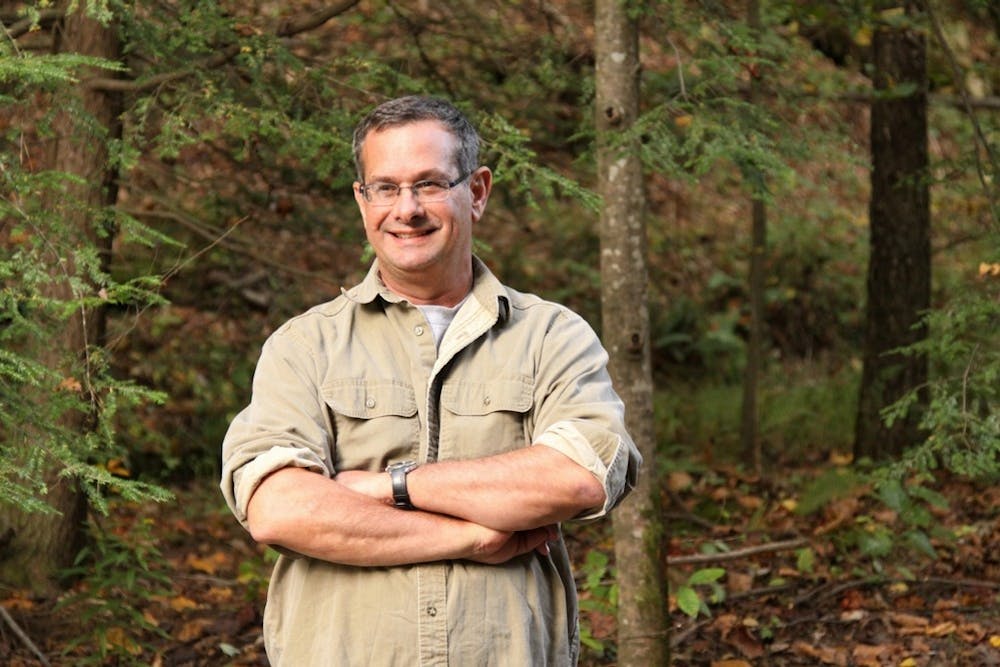Three members of the Duke community have been picked to serve on North Carolina's Science Advisory Board, which will examine the effects of emerging chemicals like GenX on public health and the environment.
Selected by the secretaries of the North Carolina Department of Environmental Quality (DEQ) and the Department of Health and Human Services (DHHS), the panel consists of 16 experts who specialize in fields ranging from toxicology to engineering, and come from a variety of backgrounds, including academic institutions and the public and private sectors. According to the DEQ website, board members will act as consultants and provide guidance to the state departments on how to best manage new chemical compounds. The board’s first meeting was this past Monday, Oct. 23 in Raleigh.
“We selected top talent from a robust pool of more than 50 candidates from across North Carolina,” DEQ Secretary Michael Regan explained in a statement. “The panel we’ve assembled will provide vital long-term scientific guidance on how to best protect public health and the environment from emerging chemical compounds.”
Richard Di Giulio, Sally Kleberg professor of environmental toxicology, is one of three board members with ties to the University. Di Giulio, who is also the director of the Superfund Research Center, noted that the panel will address “hot button issues” this year, such as concerns over GenX—described by the DEQ as "a man-made and unregulated chemical used in manufacturing nonstick coatings" which was found in Cape Fear River—as well as hexavalent chromium and coal ash contamination.
“I think the DEQ and DHHS do sincerely want input and outside advice because they’re dealing with controversial topics, so they want good science brought to bear,” Di Giulio said, commenting on the relationship between the state departments and the advisory board.
The DEQ and DHHS secretaries also appointed John Vandenberg—adjunct professor in the division of environmental sciences and policy, who is also director of the Research Triangle Park Division of the Environmental Protection Agency's National Center for Environmental Assessment.
“The focus of the board is on environmental concerns, related to water quality, air quality and land contamination,” Vandenberg said. “We’re trying to evaluate if the evaluations done by the state are consistent with what we’re aware of and familiar with, and to help them [utilize] the most informative science to support their decisions.”
The third member with a connection to Duke is Woodhall Stopford, assistant professor of community and family medicine. Stopford was also on the previous Science Advisory Board since 1990, serving for eight of those years as chairman.
Board members will meet again Dec. 4. in Wilmington, N.C. to hear in person the public's concerns about the Cape Fear River water quality issue caused by GenX, Di Giulio noted.
Vandenberg indicated that the board hopes to recognize and address the individual “concerns of communities” regarding exposure to GenX. However, he explained that the advisory board can only make recommendations to the state government, and that it is up to individual departments to act on their advice.
“There’s certainly interest in what we are doing,” Vanderberg said. “Time will tell in terms of what the state actually does.”
Get The Chronicle straight to your inbox
Signup for our weekly newsletter. Cancel at any time.

